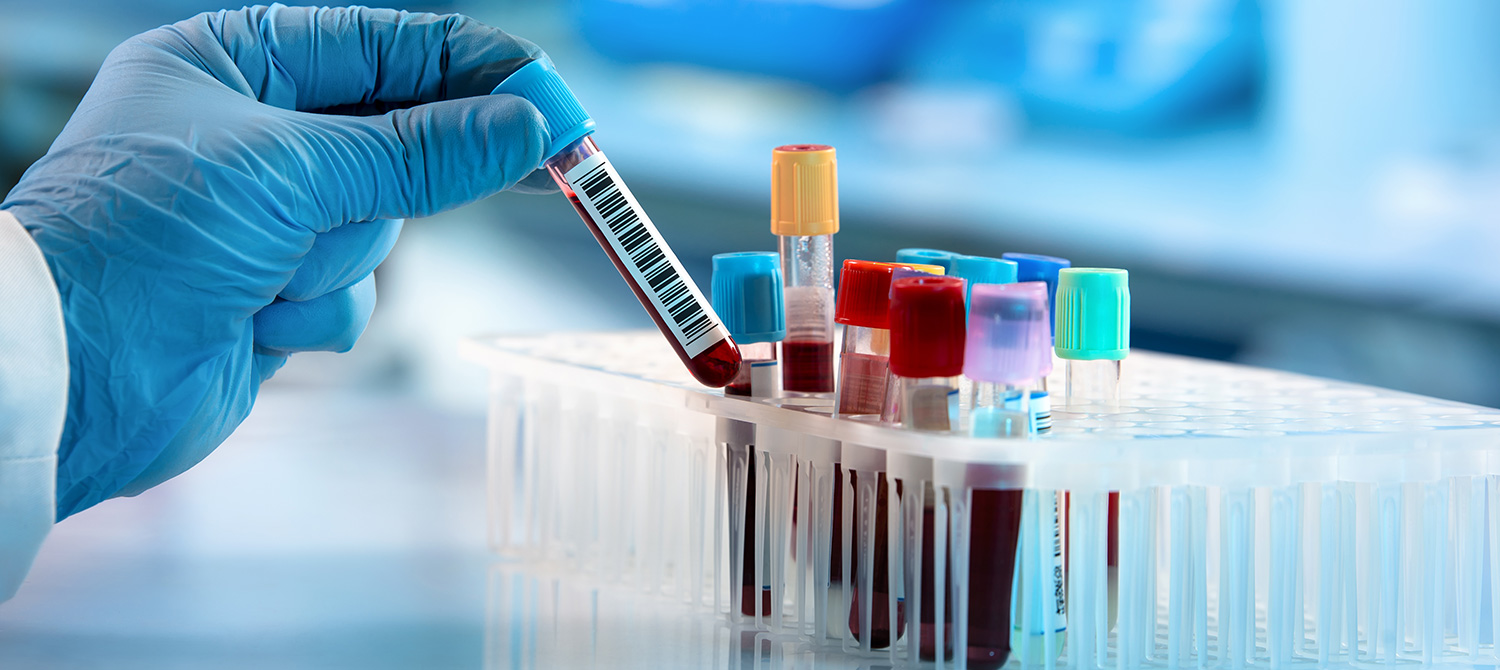Hormone testing

This is a series of peripheral blood tests aimed at assessing the male reproductive potential. Several hormones produced by the body play a significant role in sperm production (spermatogenesis) or in the production of other hormones and substances which in turn affect or regulate sperm production.
Tested hormones
Testosterone is the primary sex hormone in men. Below average normal levels may have a direct impact on fertility, negatively affecting sperm production and potentially also causing sexual dysfunction, such as loss of libido and even erectile dysfunction.
While it may be considered to be a primarily female hormone, estradiol also contributes in male reproductive function. While detected only in small amounts in men, estradiol is believed to play a role in spermatogenesis and thus may be tested.
FSH levels are usually tested in men who have low sperm concentration and/or motility. FSH assists in spermatogenesis and helps ensure that sperm is adequately maintained in the seminiferous tubules until released.
This hormone stimulates the production of testosterone from specialized cells in the testis, which in turn assists in spermatogenesis.
Necessary for proper thyroid function, low TSH may affect male fertility, as well as cause a plethora of other issues, based on the effect on thyroid function.
Increased prolactin can negatively impact testicular health and function, resulting in abnormal sperm parameters and reduced testosterone levels, ultimately causing infertility.
